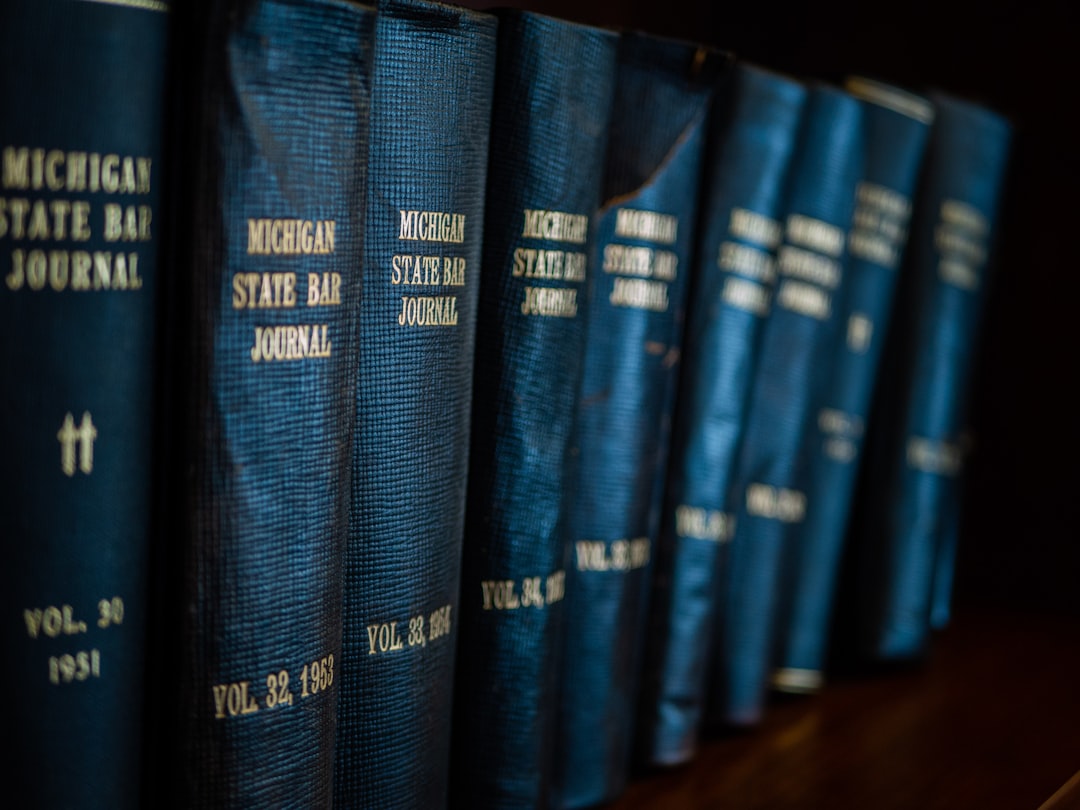Sexual assaults in schools in Missouri have reached alarming rates, with many cases unreported due to fear and shame. This underestimation complicates prevention efforts, demanding proactive responses from legal advocates and educational administrators. Missouri’s legal framework for addressing these issues is guided by the Violence Against Women Act (VAWA), with school abuse law firms playing a crucial role in enforcing protections and advocating for victims’ rights. Comprehensive strategies are needed, including enhanced policies, staff training, open communication, collaboration with law enforcement, and public awareness campaigns to create safer learning environments.
“In Missouri, alarming rates of reported school sexual assaults have sparked a pressing need to examine and address this pervasive issue. This article delves into the scope of school sexual assaults within the state, exploring the current legal protections in place through the lens of a leading school abuse law firm in Missouri. We also uncover potential strategies to prevent such incidents, aiming to provide insights for policymakers, educators, and parents.”
Understanding the Scope of School Sexual Assaults in Missouri

In Missouri, the extent of school sexual assaults has become a pressing concern, prompting many to seek justice through a dedicated school abuse law firm Missouri. Recent statistics reveal alarming rates of reported incidents, highlighting the pervasive nature of this issue across the state. From elementary schools to high schools, students are facing unprecedented challenges in their learning environments.
The scope of the problem is vast, with numerous cases going unreported due to various factors such as fear, shame, and a lack of trust in authorities. As a result, official records may not fully capture the magnitude of sexual assaults occurring within Missouri’s educational institutions. This underreporting further complicates efforts to address and prevent such crimes, necessitating proactive measures from both legal advocates and educational administrators.
The Current Legal Landscape and Protections for Students

In Missouri, the legal landscape regarding school sexual assault is a complex web of state and federal laws. The Violence Against Women Act (VAWA) provides a critical framework for addressing and preventing sexual violence, including on K-12 school premises. Local school districts must comply with these laws, which mandate reporting, investigation, and support services for victims. Missouri’s school abuse law firm play a pivotal role in ensuring these regulations are enforced, offering legal counsel to students who’ve suffered abuse and advocating for their rights.
Protections extend beyond legislation, with schools mandated to implement policies that foster a safe learning environment. This includes education programs aimed at preventing sexual harassment and assault, as well as clear protocols for reporting and addressing such incidents when they occur. However, despite these measures, the high rates of reported school sexual assaults in Missouri underscore the ongoing need for stricter enforcement, better training, and increased awareness to combat this pervasive issue.
Potential Strategies to Address and Prevent Such Incidents

Addressing and preventing school sexual assaults requires a multi-faceted approach involving both institutional changes and community education. One potential strategy is enhancing existing policies and procedures to create a safer environment. This includes implementing stricter protocols for reporting incidents, ensuring better training for staff and educators on recognizing and responding to signs of abuse, and promoting an open culture where students feel comfortable discussing these issues without fear of retribution.
Additionally, schools can collaborate with local law enforcement and reputable Missouri school abuse law firms to ensure proper handling of reported cases. Public awareness campaigns can also play a crucial role in educating both students and parents about the prevalence and indicators of sexual assault, empowering them to take proactive measures. Fostering open dialogue and providing support services for survivors are essential steps towards creating a safer and more supportive learning environment.






